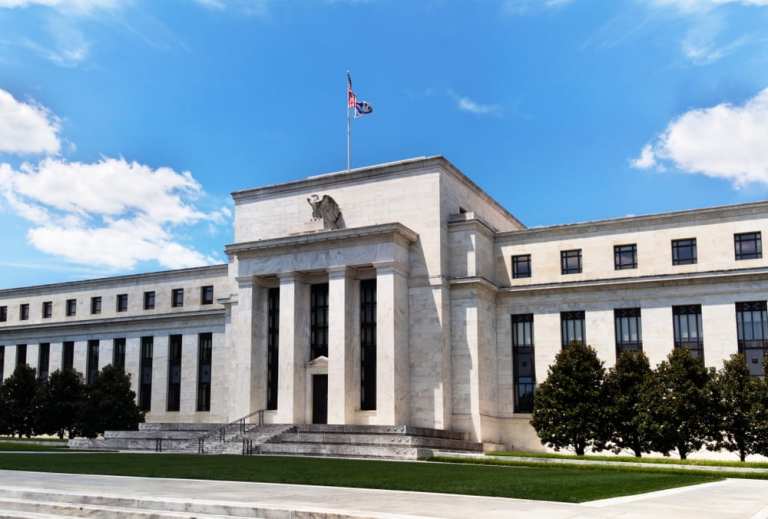Fed Moves Ahead With FedNow Despite Objections

Not everyone favors the Federal Reserve Board’s launch of its settlement service designed to eliminate the three-day check clearing and support instant payments in the U.S.
In response to the Fed’s notice seeking comments on FedNow, the central bank’s initiative that promises to fuel 24/7 payments, the board received nearly 2,600 responses from a variety of stakeholders.
Most of the letters from individuals, 2,246, argued the Federal Reserve should not operate in competition with the private sector and viewed the decision to implement FedNow as an expansion that is inconsistent with its historical purpose.
For the most part, the comments said the introduction of the FedNow would lead to less innovation and unfair competition with the private sector.
Big banks said the Fed’s involvement will only serve to slow adoption of real-time payments. The Clearing House, a payments company that is owned by the nation’s largest banks, has been operating its own real-time system for three years.
Many credit unions and smaller banks said their interests will be ignored and have declined to sign with up for the giant bank-owned system.
“While having the Fed facilitate payments adds competition and provides choice, that choice will likely slow adoption,” Sarah Grotta, an analyst at Mercator Advisory Group, told American Banker. “There is also a danger of a two-tiered system, at least for a while, where large banks have their platform and smaller banks have theirs, until there is a competitive reason to offer both.”
About 75 letters, mostly from small- and mid-size banks, trade organizations and service providers recommended the FedNow Service offer enhanced functionality to mitigate fraud. They also proposed the implementation time frame for the service be moved up.
The Fed insists it will move ahead with the project with a target launch date for 2023 or 2024.
Federal Reserve Board Governor Lael Brainard has said the central bank has long played a role in providing payment and settlement services to promote an accessible, safe, and efficient U.S. payment system. FedNow, she said, alongside similar services provided by the private sector, will modernize the country’s payment system and bring the benefits of instant payments broadly to communities across the country.
“The rapid expenditure of COVID emergency relief payments highlighted the critical importance of having a resilient instant payments infrastructure with nationwide reach, especially for households and small businesses with cash flow constraints,” said Brainard in a statement.